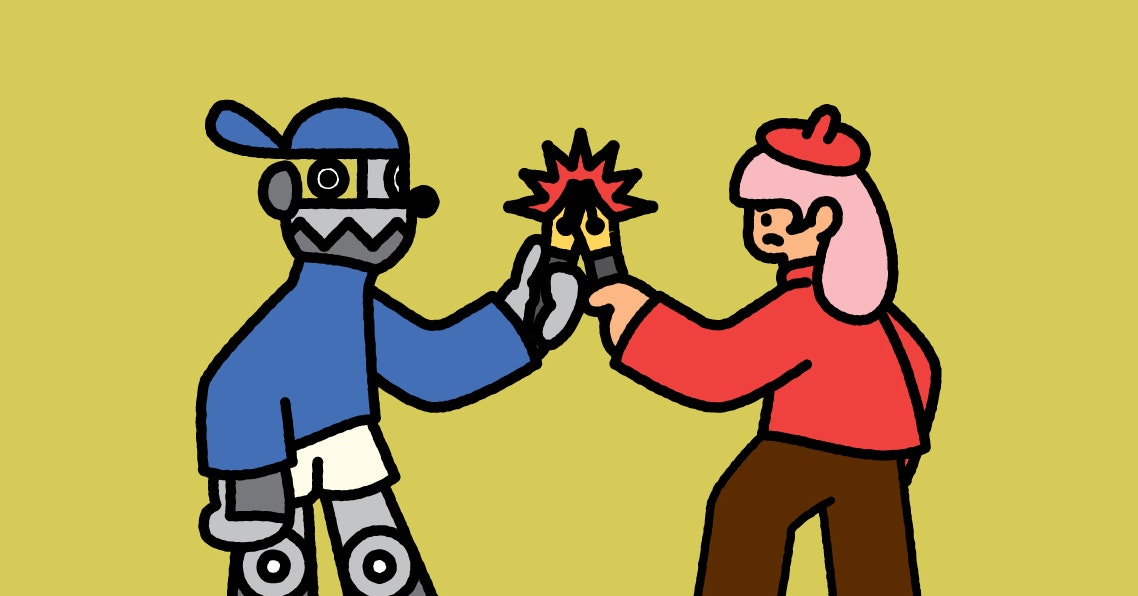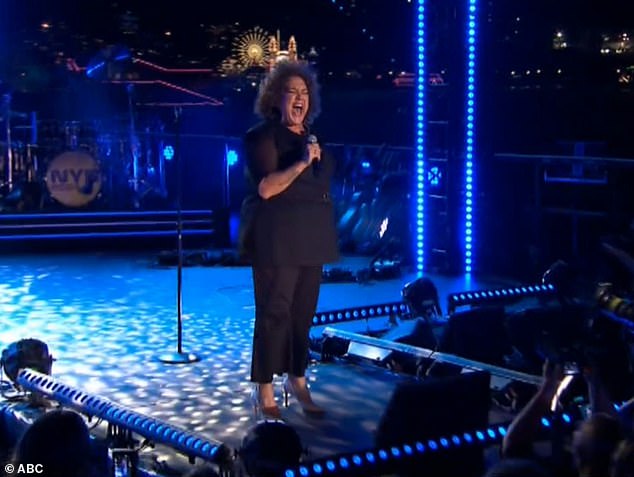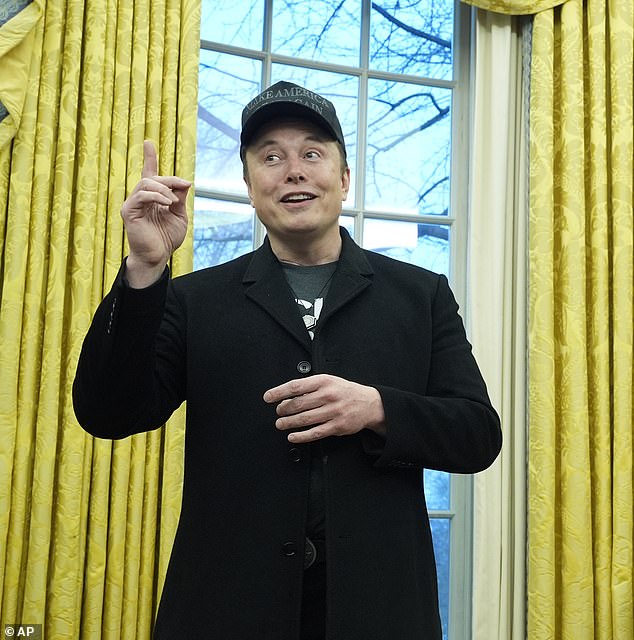In 2025, human authors will reassert their value. In recent years, the competition for more and more content has been driven by technological and market imperatives such as search engine optimization, which serves neither the creator nor the consumer. Human needs and desires have been put aside in favor of the attention economy and the motivation of clicks.
The early promise of the Internet, hailed as a boon to free speech, has failed us. Literature and journalism have given way to worthless “content,” primarily to fill web pages rather than to inform or entertain. Meanwhile, the income of writers has decreased. The Licensing and Copywriting Association of Authors reports a 60.2 percent decline in author earnings adjusted for inflation from 2006 to 2022.
But 2025 will be a turning point, not for artificial intelligence to replace us, but for a renewed appreciation of the emotional, spiritual, political, cultural, and ultimately financial value of high-quality human writing. Ironically, the rise of AI-generated search is stopping traffic from mainstream websites, eliminating the need for pointless content to game the system and driving people to demand better.
Productive AI has led to lawsuits and industrial and regulatory actions. Data protection regulators in the EU and the UK have succeeded in stopping Meta from training AI about users’ posts, photos and interactions, following complaints from civil society organization NOYB. Traditional publishers like The New York Times have stepped in to protect their interests, and with them the interests of their contributors. But some, notably the Financial Times and The Atlantic, have made deals with AI companies, presumably believing that the wave is impossible to stem. In 2025, they will be proven wrong.
As copyright cases rage through the courts, in 2025, we will also see decisions about liability for the inevitable errors caused by artificial intelligence. Defamation cases against AI companies and publishers that use AI content are escalating as defamatory lies are spread online and amplified by AI bots and search engines. In 2024, academic publisher Wiley shut down 19 journals in the face of a flood of fake scientific articles. To err is human, but fabrication on an industrial scale is a technological problem. AI has no ethics, no soul, and nothing to lose – but the people who use it or ask others to use it for them do.
In 2023, AI companies begin recruiting poets from around the world to try to imbue their dead-eyed products with something close to creativity. And in 2024, copywriters find their seemingly doomed jobs resurrected as human creators for artificial marketing content that doesn’t pass algorithmic, let alone human, testing for quality. Now that even machines aren’t fooled by artificial intelligence, human creators are starting to become valuable to the companies that sought to destroy them. But editing bot writing is boring – do writers end up just saying no? And will readers join them?
The London premiere of The Last Screenwriter, a film written by ChatGPT 4.0, was canceled in June 2024 after the cinema received more than 200 complaints about its premise.
Publishers who invest in people will attract the best writers and ultimately the most lucrative audiences. With many news outlets offering little or no compensation to freelance writers, these humans are loathe to sell their lives so cheaply to train AI to replace them. Publishers who sell their authors see their talent go elsewhere, and with them, their readers.
In a world full of derivative auto-drives, human authors allow readers to breathe like a green park in a polluted city. Rather than being obliterated by artificial intelligence, in 2025 we will see the recognition of the inherent value in quality human writing, and perhaps human writers will be able to pay their dues.





